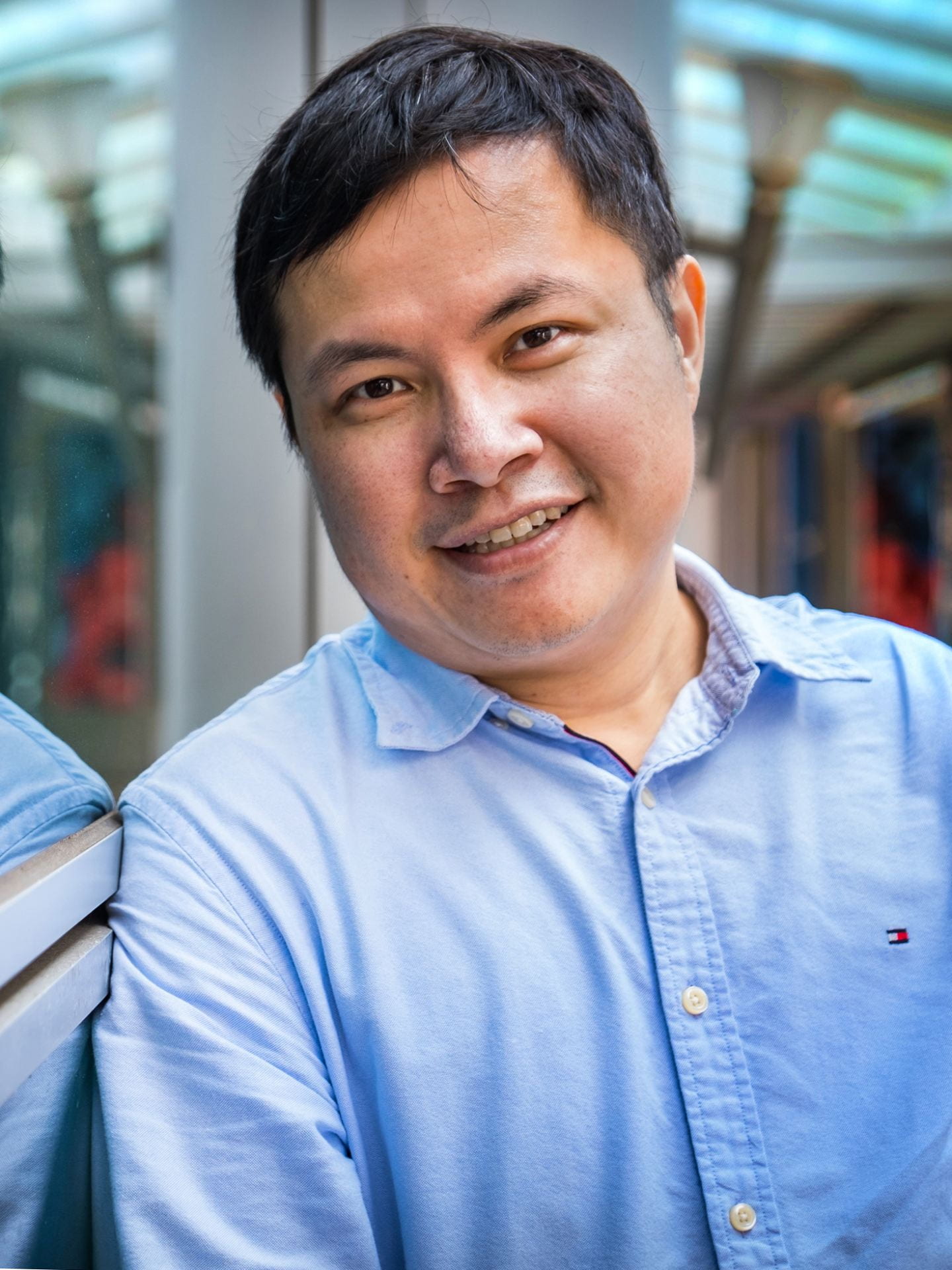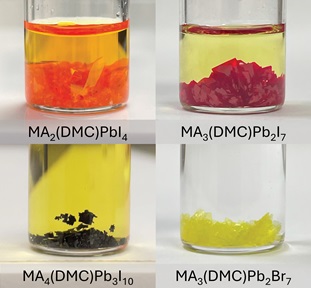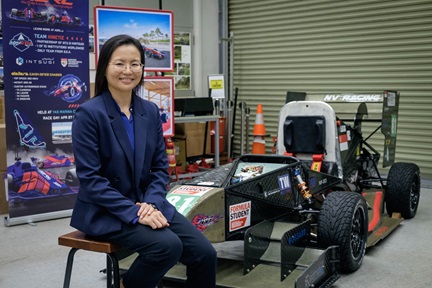#WorldUnited: Asst Prof Tan Meng How
Asst Prof Tan Meng How uses RNA editing technology to combat diseases such as SARS-CoV-2.

“Extensive testing in the population is key to successfully tackling the spread of the COVID-19-causing virus,” says Asst Prof Tan Meng How of NTU’s School of Chemical and Biomedical Engineering.
Joining the global fight against COVID-19, Asst Prof Tan is using precision genome engineering, including CRISPR-Cas gene editing technology, to develop rapid diagnostic assays for SARS-CoV-2.

Structure of CRISPR/Cas9 in complex with guide RNA (red) and DNA (yellow).
He previously designed a special enzyme for the CRISPR-Cas system, called iCas, that can be used to temporally control genome editing activity in developmental and stem cell studies.
“Understanding the functions and regulation of RNA editing—which naturally takes place in all cells during the body’s development—will help to address myriad diseases in which RNA editing processes go wrong, including cancer, neurological disorders and autoimmune diseases,” says Asst Prof Tan.
Currently, he is working on a CRISPR-mediated editor to correct mutations underlying genetic skin diseases such as epidermolysis bullosa and eczema. “Children with epidermolysis bullosa have fragile skin that blisters easily. Their quality of life is terrible as they are constantly in pain and often suffer from opportunistic infections,” says Asst Prof Tan.
His studies on RNA editing are possible with the use of genomic, transcriptomic and nanopore RNA sequencing platforms, in combination with machine learning and computational methods designed by his lab members.
Asst Prof Tan was one of nine life scientists selected for the EMBO Global Investigator Award 2020, a career award from the European Molecular Biology Organisation (EMBO). He has a joint appointment with the Genome Institute of Singapore under Singapore’s Agency for Science, Technology and Research.



.tmb-listing.jpg?Culture=en&sfvrsn=29c7e020_1)
.tmb-listing.jpg?Culture=en&sfvrsn=ab6472c8_1)
.tmb-listing.jpg?Culture=en&sfvrsn=55153609_1)

